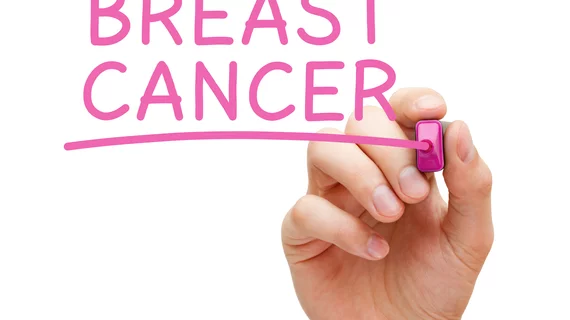Chemotherapy, radiation treatments may impact breast cancer patients’ cognitive performance
Chemotherapy and radiation treatments may negatively impact the cognitive function of breast cancer patients, according to a new study published in Cancer. A team from the University of California, Los Angeles (UCLA) led the research.
The authors explored data from 94 women who were treated for early-stage breast cancer three to six years prior to the beginning of the study. The researchers sought to assess if indicators of biological aging—elevated levels of DNA damage, reduced telomerase enzymatic activity and shorter peripheral blood mononuclear cell (PBMC) telomere length (TL) and the tumor necrosis factor receptor II (sTNF‐RII)—would impact cognitive function in breast cancer survivors. All of these biomarkers were determined using blood samples. Additionally, cognitive functions were assessed using a neuropsychological test and completed with self-reporting among the cohort.
The researchers found that lower telomerase activity and increased DNA damage from chemotherapy and radiation treatments were associated with worse cognitive performance in the cohort—adjusting for age, body mass index, race, years from treatment and intelligence score. Lower telomerase activity was associated with worse attention and motor speed scores. sTNF‐RII and TL were not related to neurocognition.
“Together this research provides preliminary evidence that the cancer treatments can leave a lasting imprint on some individuals,” Judith Carroll, PhD, an associate professor of psychiatry and biobehavioral sciences and a member of the UCLA Jonsson Comprehensive Cancer Center, said in a prepared statement from the university. “Our hope is that future research will target these biological aging pathways to prevent the cognitive declines experienced by some cancer survivors.”
The researchers also noted that their study offers evidence that may help with future research and “provide interventions to prevent cognitive decline in people with cancer who receive chemotherapy and/or radiation treatments."

